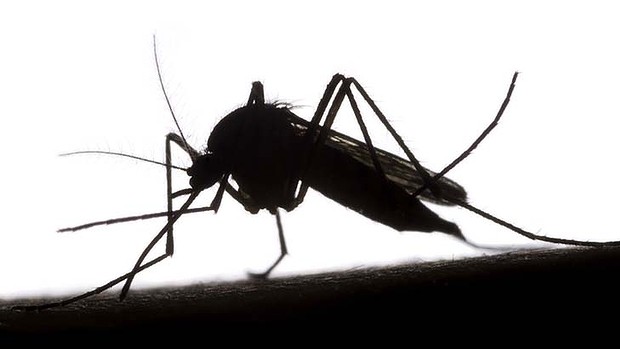The European and Developing Countries Clinical Trials Partnership (EDCTP) has given a grant of €10 million over five years to “WANECAM 2” to conclude production of new malaria drug.
WANECAM 2 is a unique collaboration between antimalarial drug researchers in Africa and Europe from ten academic institutions, a pharmaceutical company, Novartis, and a not-for-profit product development partnership (PDP), Medicines for Malaria Venture.
The grant will support African trials of a novel antimalarial combination comprising KAF156 (ganaplacide) and lumefantrine in a new once-daily formulation.
KAF156 has demonstrated the potential to treat resistant malaria and to be administered as a single dose.
The grant will also help to build and strengthen research capabilities in the four participating African countries of Burkina Faso, Gabon, Mali and Niger.
Global partnerships have made significant strides in malaria control over the past 20 years, yet the rate of progress has recently diminished.
A recent survey of African malaria leader showed high levels of concern around resistance to some of the current gold-standard treatments, artemisinin combination therapies (ACTs), in Asia, and the likelihood that it could spread to Africa, emphasizing the urgent need for novel, easy-to-administer antimalarial medicines.
The Principal Investigator, Professor Abdoulaye Djimdé of the L’Université des Sciences, des Techniques et des Technologies de Bamako and coordinator of the WANECAM group, said: “We welcome the generous support from EDCTP and are grateful for their long-term commitment to clinical development in Africa – and specifically supporting clinical research in critical diseases such as malaria.
“This backing is vital to accelerate the development of this much-needed new compound. African collaboration with a group of international experts on this programme can help ensure the trials are completed rapidly and to the highest quality standards. With reports about parasite resistance to artemisinins and ACTs, it is essential that we have new antimalarials ready and waiting.”
The EDCTP funding will also support efforts to strengthen clinical research infrastructure in Niger, as well as existing clinical research capacities at all other trial sites involved.
These efforts will involve exchanging experiences and best practices between the sites and the European academic centres, as well as with Novartis and MMV.
Dr. Michael Makanga, EDCTP Executive Director, said: “We are delighted to broaden the coalition of organisations that EDCTP funds and partners to deliver our malaria strategy.
“By involving the private sector and a not-for-profit PDP, we have broadened our network of expertise. With all sectors working together, we can build stronger partnerships to defeat malaria.”
By 2017, malaria mortality had more than halved in sub-Saharan Africa compared to the turn of the century, due to better prevention, mainly via bednets, and improved treatment with ACTs.
However, over 400,000 people died due to malaria-related causes that year, most of them young children under the age of five. The most recent 2018 World Malaria Report stated that progress in the fight against the disease is flattening for the second year in a row.
